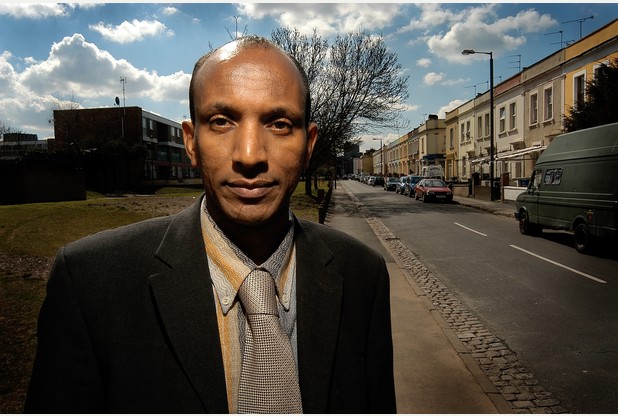
Sunday August 23, 2015

Kayse Maxamed, who helped organise the conference, said he hoped Bristol could set an example to other big cities, including Sheffield and Cardiff.
There are hopes that Bristol can lead the way when it comes to protecting children from being groomed by terrorists online.At an anti-radicalisation conference on Saturday (August 22), Somali community leaders addressed parents and said that Bristol must pull together to protect vulnerable youngsters from online threats, both in this country and overseas.
Nearly 100 people gathered at the Trinity Centre to share ideas and hear from both Bristol City Council and police spokespeople.Kayse Maxamed, who helped organise the conference, said he hoped Bristol could set an example to other big cities, including Sheffield and Cardiff.
He said: "The idea of this day was to help people recognise that they can trust and work with the authorities if they need help.
"If parents are worried about a child and who is talking to them, there is help and support out there.
"The community must work with the authorities if we are going to make progress, and the police must help the community too.
"I hope this day will be the first of many events like this. We are really pleased at the turnout and we hope other cities will follow suit."
Parents from across Bristol, but especially in the Somali community, have voiced concerns about jihadists from war-torn countries grooming and "brainwashing" children online.
Fears grow more and more when high-profile cases hit the headlines, including that of Yusra Hussien, who left her home in Easton to go to Syria.
Her family say they had no idea of what the 15-year-old was planning before she left.
David McCallum, senior responsible officer for the West of England child exploitation victim identification and support service, spoke at the conference.
He said children who were social isolated, had been sexually abused or neglected, or who had experienced family breakdown, were all higher risk of being groomed and radicalised.
He said: "If children are being sexually abused at home, they sometimes view leaving the country as a way out of their problems.
"They are more susceptible to being told that travelling abroad is an escape, a positive choice.
"I want to make families aware that those problems can go together.
"Once young people have been brainwashed once, they are susceptible to it happening again."
Mr McCallum said that extra people had been employed across Avon and Wiltshire who were working with police and councils specifically to identify high-risk children.
They then work with the youngsters to encourage them to think differently about their situations and find support.
It is hoped that with increased community engagement, more effective responses can be put in place to meet the needs of young people, and stop them turning to people they have met online seeking a way out.
Kayse added: "We are working out what can be done to put in place better responses that meet the needs of the young people and help them live positive and productive lives within their communities."